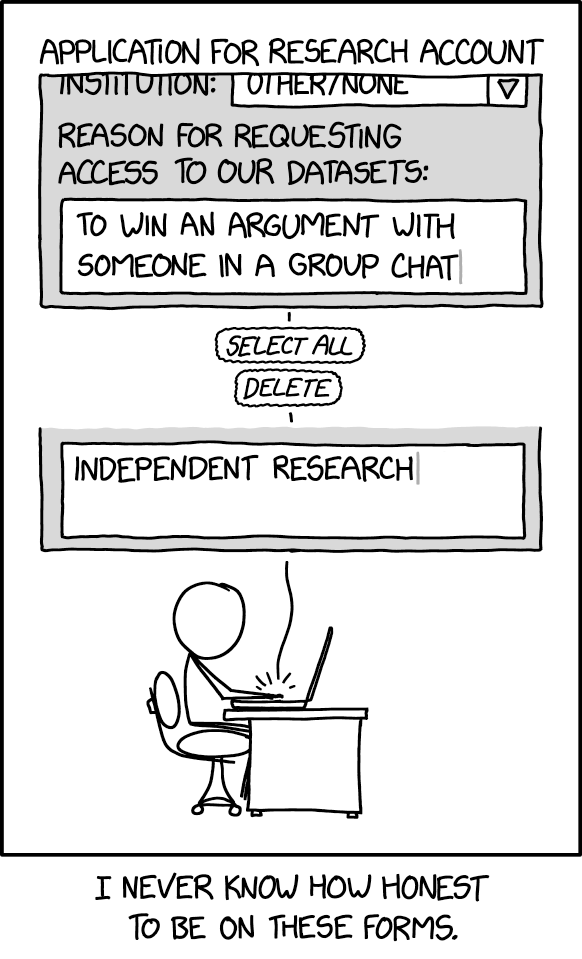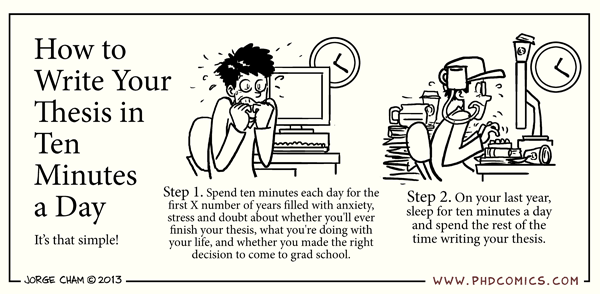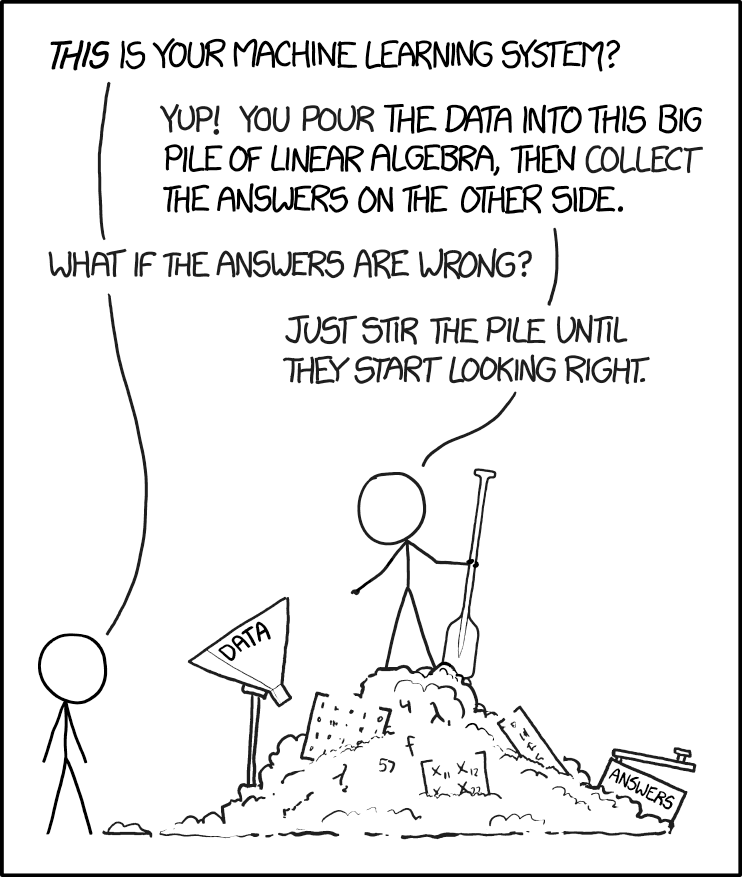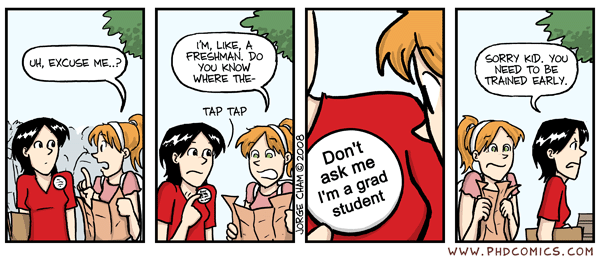📚 ENG 6005
Dissertation Design
Texts & Technology Program
Dr. Anastasia Salter
📧 anastasia at ucf.edu
🏢 TCH 236 | Tuesdays 2-5 PM
🕕 Class: Tuesdays 6-7:50 PM
🎯 What We're Actually Doing
Mission: Transform you from "I have no idea what I'm researching" to "I have a slightly better idea what I'm researching"
- 🤔 Figure out what a dissertation IS (and argue about what T&T is)
- 📝 Write like you're running out of time
- 🗂️ Master the art of not losing everything in random folders
- 🤝 Network with fellow sufferers... er, scholars
- 💰 Discover money exists for research (ok, probably not for your research)
🗺️ Your Dissertation Journey
By December, you'll have:
- ✨ A research question that makes sense
- 📖 A lit review in progress
- 🎤 Experience facing the prospectus defense format
- 📝 A prospectus draft (your future self will thank you)
✍️ Writing Your Dissertation
📋 The Assignments
Each one builds on the last. Like LEGO, but with more panic.
🤖 AI & Your Dissertation
Reality check: Generative AI exists, you'll use it, let's talk about doing it right
- 🤖 AI is a tool, not a replacement for thinking
- 📝 Always disclose or cite AI usage in your work
- 🔍 Verify everything AI tells you (it lies beautifully)
- ⚖️ Academic integrity still applies in the AI age
📋 AI Policy
Generative AI can be used for different parts of the writing process, and different writers will find value in using it in different ways. While we don't see it as appropriate to dictate how an author chooses to use (or not use) generative AI applications, Kairos believes that the inherent flaws of generative AI trade a false sense of efficiency for effectiveness, and its use introduces errors that slow down our editorial review and copy-editing processes.
We also must acknowledge that there is strong evidence that AI is bad for the environment, bad for scholarship, bad for language, bad for art, and bad for people.
Source: Kairos: A Journal of Rhetoric, Technology, and Pedagogy
📋 AI Policy (continued)
Relying on AI to generate content or to summarize prior scholarship is antithetical to the research enterprise, and we advise authors to be critical users of these tools and to ensure they carefully review and approve any output produced by these systems (as authors will be held accountable for it).
We had originally noted that authors should cite AI when using its output—and for purposes of example or critique, this is still the case. However, AI output cannot be cited as an authorial source, as generative AI cannot be held accountable for its output. Similarly, authors should not treat generative AI as an interlocutor (that is, they should not report on AI output as if it were a conscious entity or as if it has the capacity to act rhetorically). Authors who use generative AI in their writing process should provide a statement acknowledging that they have done so, and in what capacities.
Source: Kairos: A Journal of Rhetoric, Technology, and Pedagogy
💻 AI Policy - Coding & Design
While we believe that AI should generally be avoided in the writing process, we also can see that it can be an effective tool for generating HTML and CSS code and assisting with the coding process as an author seeks to align their webtext design and argument.
While AI can help with coding, the key design decisions should still be solely developed by the author and AI should only play a supportive role in the production of the webtext. If AI systems are used to essentially reproduce one of the many standard responsive templates freely available on the web, then it has added no value—AI coding should only be used to help an author realize their own creative vision.
Source: Kairos: A Journal of Rhetoric, Technology, and Pedagogy
💻 AI Policy - Coding & Design (continued)
Authors will still need to review the code for accuracy and correctness. Authors should provide a brief statement acknowledging any use of AI for coding or design.
Kairos prefers authors to use human-made art or graphics (and we encourage authors to engage their own creativity when it comes to visuals and design elements); however, AI produced images or text may be used in service of critique or commentary, just as we allow for fair use of published media for those same purposes.
Source: Kairos: A Journal of Rhetoric, Technology, and Pedagogy
🎓 Prospectus Prep
This is not busy work.
- 📚 Reading List → Foundational Knowledge
- 📖 Literature Review → Finding where your project fits
- 🔬 Methods Section → Planning the how
- 🎤 Presentations → Defense practice
👩💻 Instructor AI Disclosure
I used Claude Sonnet 4 for generating the design of this entire site, as well as for organizing content, checking for dead links, and similar tasks (including building these).
Throughout this class, I'll be sharing where I use generative AI tools to speed up certain types of work - and also talking about the types of tasks, particularly in research, that I don't bring these tools into.
Transparency matters: I never use AI tools for grading or feedback.
🌟 Your Academic Identity
Google Scholar Profile, Website, and GitHub:
- 🎯 Make yourself findable
- 📊 Track your academic street cred
- 🤝 Network with other smart people
- 💼 Look professional on the job market
📈 Academic Visibility Matters
📰 Time to Publish
We'll review:
- 🎤 Conference talks
- 📄 Journal articles
- 📚 Publication requirements for T&T
💼 Becoming a Professional
- 💰 Finding money for research (it exists!)
- 📝 Grant writing (begging, but eloquently)
- 🤝 Academic networking (making friends strategically)
- 📄 CV building (making yourself look impressive)
⚙️ How This Actually Works
- 📅 Weekly meetings (Tuesdays 6-7:50 PM)
- 🔄 Assignments that build on each other
- 👥 Peer feedback (bring your drafts!)
- ☕ Mid-semester check-ins
Late Policy: One week grace period, no questions asked, except for presentations and the final. Beyond that, just talk to me!
📚 Required Reading
Main Book: Foss, Destination Dissertation
(Available through the library, for 3 people at a time...)
Recommended Friends:
- 📝 Belcher: Writing Your Journal Article in Twelve Weeks
- 🔍 Single: Demystifying Dissertation Writing
- 💪 Jensen: Write No Matter What
- 🔢 Saldaña: The Coding Manual
👋 Introductions
Let's share:
- 🪑 Your chair
- 👥 Your committee
- 📊 Where you are in the process




